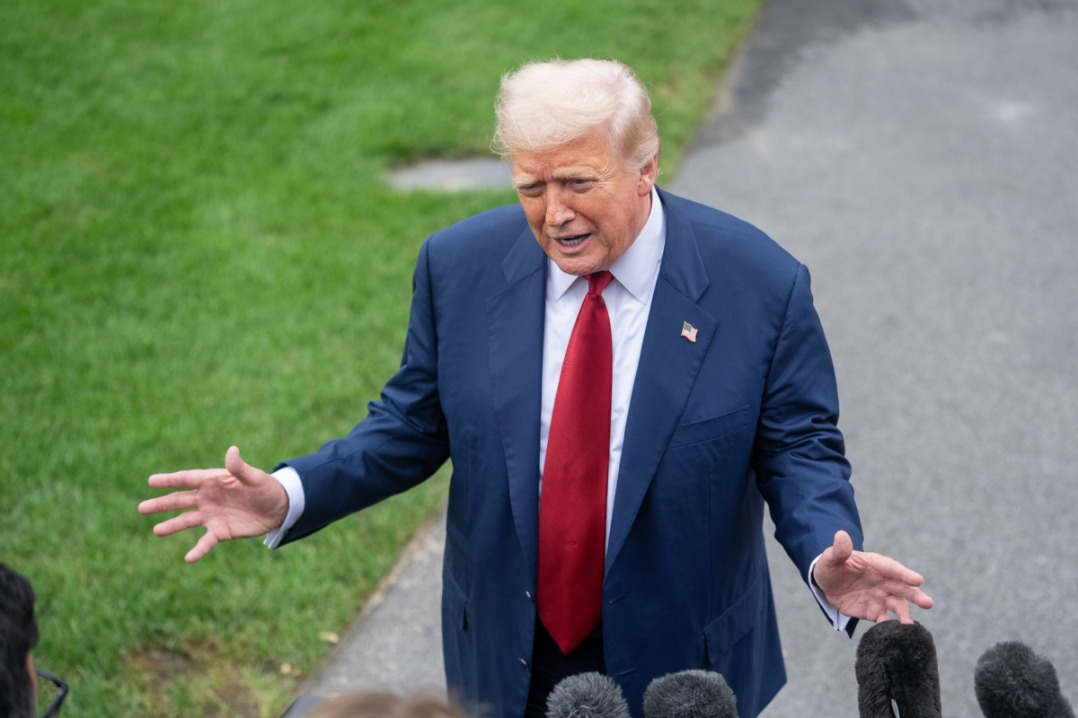Sovereign state has full control of borders

Paul Surtees notes that claiming the central government does not control city's borders is tantamount to saying the city is not part of China as access control is a nation's fundamental right
The recent brouhaha about a British human-rights activist being denied entry to Hong Kong has ruffled many feathers in Hong Kong and elsewhere. Without going into both sides of the divisive argument in this particular case, some broader issues should be borne in mind.
A key factor in the sovereignty of any nation is - or certainly should be - that it has the power to control its own borders and access to its territory. Over recent decades, that basic national duty and responsibility has been eroded in many places. Many failed and failing states cannot effectively control their own border crossings; indeed, there may often be no real border to cross. 
A prime example is the continuing turmoil in the European Union, where lack of controlled borders has been a leading cause of international bickering which has so far already led to Brexit, and may yet lead to disintegration of the once hoped-for borderless Europe. The gigantic numbers of would-be migrants flowing into Western Europe, now in the millions, over these past few years has clearly left the EU unable to effectively cope with the flood. Many travel as refugees - fleeing war or civil strife in the Middle East or Africa - while countless others are potential economic migrants, simply seeking a better life; and who could be blamed for making such an attempt? Nevertheless, the lack of border controls between many EU nations has exacerbated this growing problem.
In the days when Hong Kong was a British colony, the London government naturally had the ultimate power to decide on immigration policies for Hong Kong - which were then enforced by the Hong Kong Immigration Department. Now Hong Kong has returned to China and naturally the Beijing government has the ultimate right and duty to make policy on who can enter Hong Kong. This matter can fairly be regarded as a part of the central government's foreign-affairs portfolio. That point comes to the fore when political activists wish to enter Hong Kong. Can it really be any surprise that the Beijing authorities seek to use their legal rights to limit access to Hong Kong for those who would wish to speak against it?
We live in an era of all-too-common international money laundering; of illegal and covert cross-border trade in prohibited drugs; of illegal international arms sales; of criminal fugitives fleeing arrest in their home countries; of illegal import of endangered species products, such as ivory; and perhaps worst of all of international movements of terrorists, who seek to attack those in the countries to which they have access. When all these factors are taken into account, much is to be said for re-instituting physical border controls between all countries, for obvious reasons.
Many European countries gave up their border controls, thus relinquishing an important aspect of their own sovereignty, for the supposed but really rather vague perceived benefits of enhanced European integration. Many now rue the day that they were persuaded to do so. Furthermore, the heavy-handed attempts by EU leaders to oblige reluctant member states to accept hefty quotas of migrants, in many cases far more than they feel comfortable with or are able to support, has led to grave division within the EU and may yet result in the reinstatement of widespread border controls and, indeed, a return to separate currencies.
It is fully appropriate under the "one country, two systems" policy that many routine aspects of government are handled here by the Hong Kong government, rather along the lines of a city's local government elsewhere. But a city's local government, anywhere in the world, is generally not tasked with instituting national policies on immigration; or indeed with handling the higher levels of international relations.
It is all-to-the-good that there should be continuing debate within Hong Kong and without it, on the precise levels of responsibility of our local government to make and to administer international relations policy, when put in to the context of Hong Kong being an undeniable part of China. But the attempt to deny the right of Beijing authorities to act in such matters as immigration control, especially as applied to high-profile would-be visitors, is tantamount to denying that Hong Kong is part of China proper. And that, as they say, is another and much longer argument.
(HK Edition 10/18/2017 page10)
Today's Top News
- Unified national market a new growth launchpad
- US deal a structural challenge for Japan
- Industrial prowess of China a subject of serious study
- US new tariffs 'unfair': Experts
- NDRC recalibrating steps to drive growth, boost demand
- Wartime hero's legacy fortifies Sino-UK bond






























